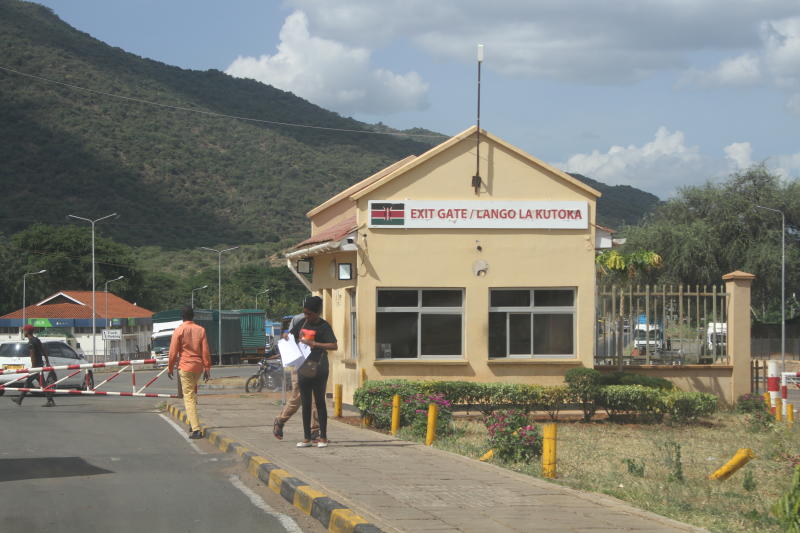×
The Standard e-Paper
Smart Minds Choose Us

Namanga One Border Point [Peterson Githaiga, Standard]
It seems the framers of the 2010 Constitution got carried away by local issues, particularly devolution and presidential powers.